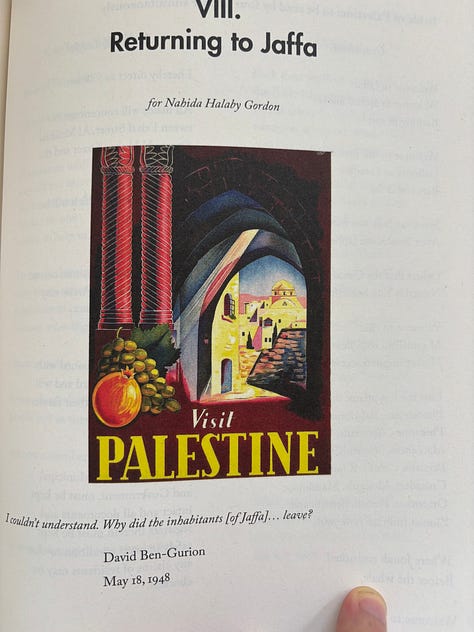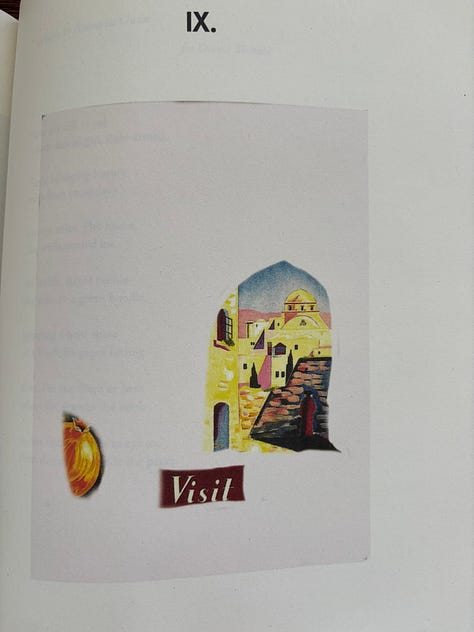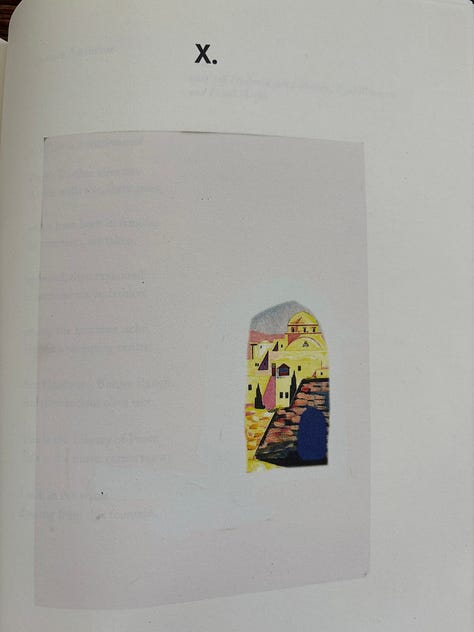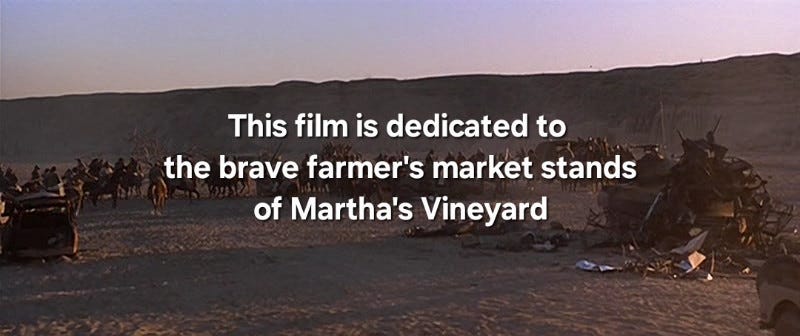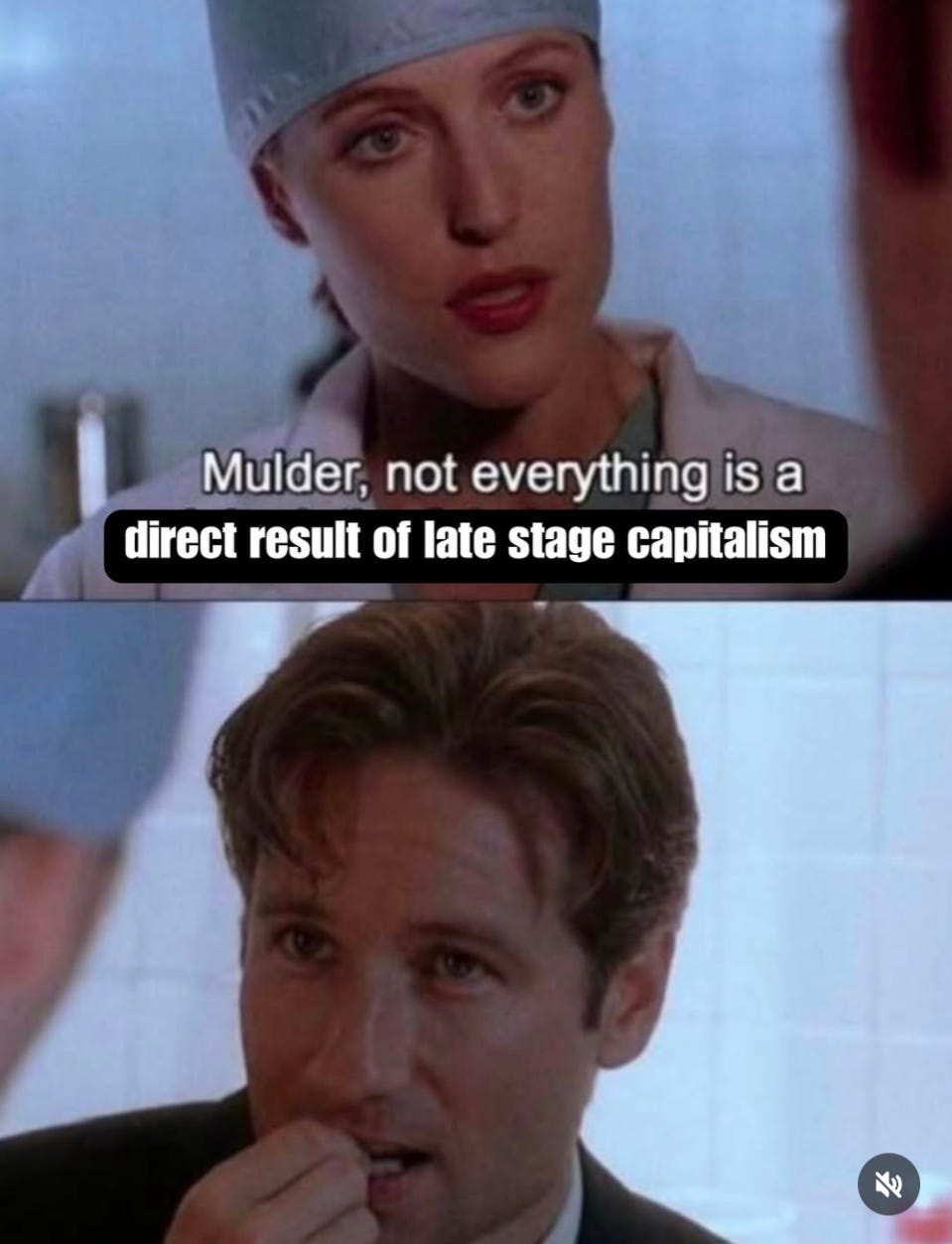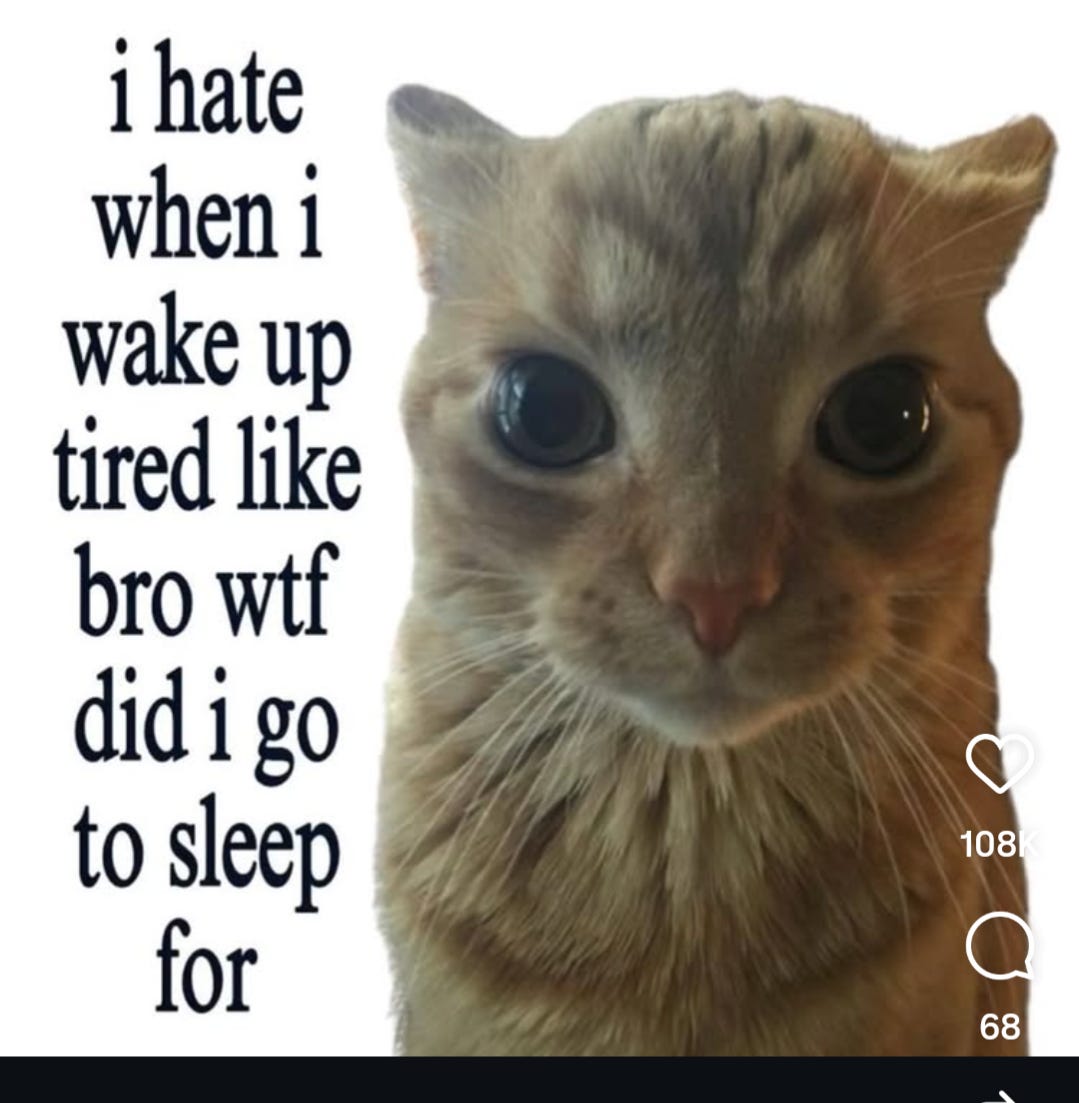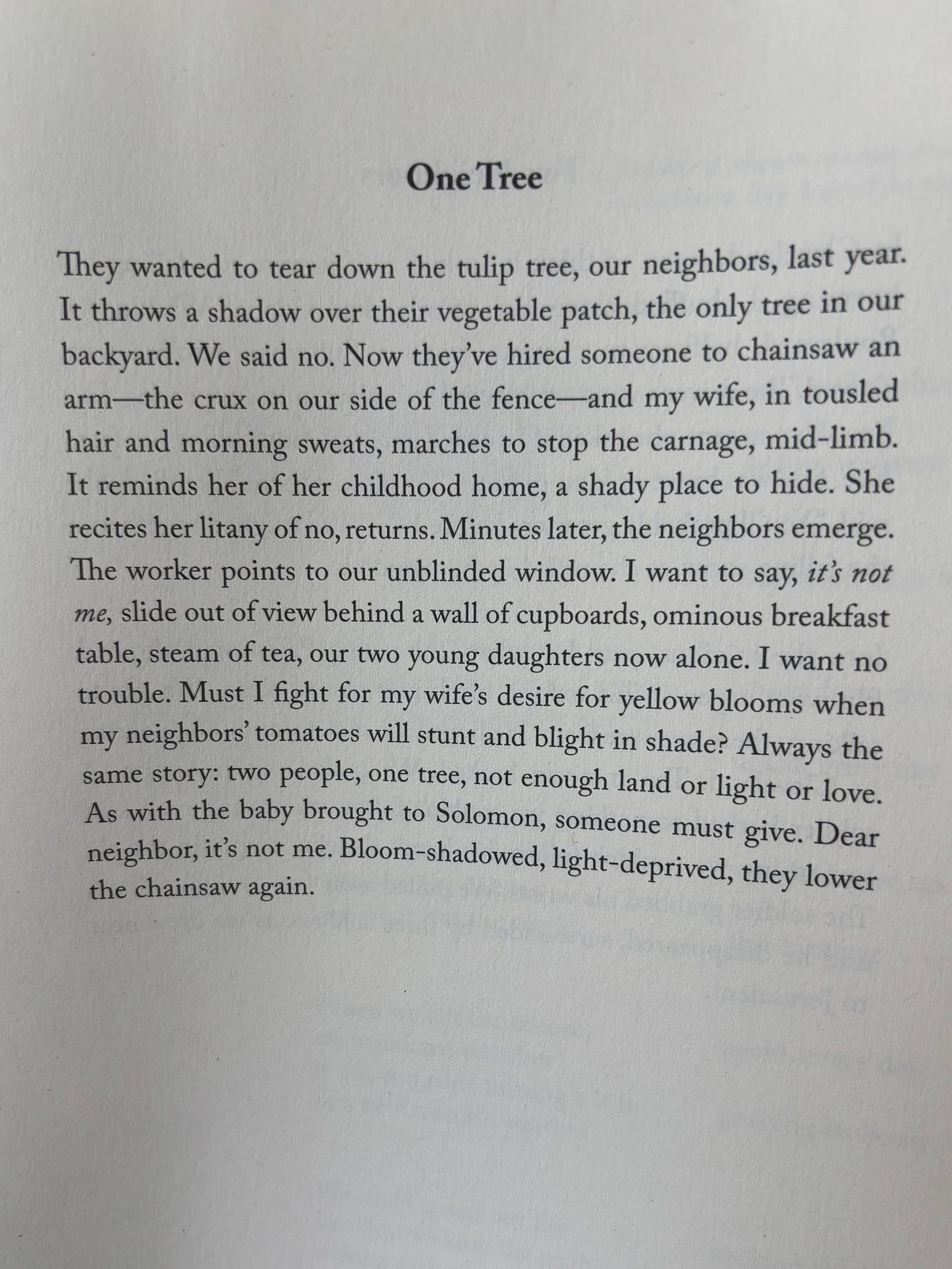O Comrade! My Comrade!
The vibes are a collective responsibility, actually.
General News
Here’s a little news before we Dive Deep into the Discourse: Evil shit. Who didn’t see this coming? Absolutely diabolical. There’s always a fight somewhere. There is hope yet.
This past weekend, the National Convention of the Democratic Socialists of America was held in Chicago. For those of you who don’t know a lot about the internal politics of the DSA, the national convention is where the sausage is made. Each chapter across the organization elects delegates to attend the convention once every two years, where the delegates vote on national campaigns and leadership. I attended once in 2021 for the virtual convention and have yet to return (considering 2027, perhaps). It’s a tense time of political opposition, strategy debate, and coalition building. Coming up to the convention this year, the National Political Education Committee hosted a discussion on “gathering the masses.” What does it mean to gather? How do we engage with one another as we gather? What does disagreement look like in these gathering spaces?
Readings for the discussion included:
IWW Congress opening statement 1905 (excerpt, ed. Marxist Internet Archive)
Leon Trotsky, My Life, Ch. 24: In Petrograd (229-230, ed. 1930 Charles Schribner’s Sons, NY/rev. 2000 Chris Russell for Marxist Internet Archive)
“Mine Eyes Have Seen the Glory: May Day” by Elizabeth Gurley Flynn, 1939 (New Masses, 1939, ed. marxists.org 2002)
“The Port Huron Statement,” from The Port Huron Statement by Richard Flacks and Nelson Lichtenstein (University of Pennsylvania Press, 240-243)
“What Participatory Democracy Meant” by Tom Hayden (The Dream of Port Huron, 6-11)
“The Race and the Specter of Strategic Blindness” from A Time to Stir by Raymond M. Brown (Columbia University Press, 21-24)
Jodi Dean, “Chapter One” of Comrade: An Essay on Political Belonging (Verso Books, 1-11)
“Solidarity Now” by Mike Inouye (Boston Review, 2023)
“DSA Convention 2017: Organizing for a New Era by Charles Austin (Midwest Socialist, 2017)
For the most part, I enjoyed the readings. It’s good to remember the important and necessary work that we are doing on the political left to build a class conscious movement. Here are some gems from the readings that stuck out to me:
“The aims and projects of this organization should be to put the working class in possession of the economic power, the means of life, in control of the machinery of production and distribution, without regard to capitalist masters,” IWW Congress opening statement 1905.
“Our work is guided by the sense that we may be the last generation in the experiment with living. But we are a minority–the vast majority of our people regard the temporary equilibriums of our society and world as externally-functioning parts,” (Flacks and Nelson, 240).
“Men have unrealized potential for self-cultivation, self-direction, self-understanding, and creativity. It is this potential that we regard as crucial and to which we appeal, not to the human potentiality for violence, unreason, and submission to authority. The goal of man and society should be human independence: a concern not with the image of popularity but with finding a meaning in life that is personally authentic: a quality of mind not compulsively driven by a sense of powerlessness, nor one which unthinkingly adopts status values, nor one which represses all threats to its habits, but one which has full, spontaneous access to present and past experiences, one which easily unites the fragmented parts of personal history, one which openly faces problems which are troubling and unresolved: one with an intuitive awareness of possibilities, an active sense of curiosity, an ability and willingness to learn… Human relationships should involve fraternity and honesty,” (Flacks and Nelson, 242).
“The term comrade indexes a political relation, a set of expectations for action toward a common goal… Comradeship binds action…collectivizes and directs action in light of a shared vision…[of] the egalitarian future of a society emancipated from the determinations of private property and capitalism and reorganized according to free association, common benefit, and collective decisions of the producers… Comradeship is a political relation of supported cover… “Comrades have to be able to count on each other when we don’t like each other and even when we disagree,” (Dean, 2-3).
“To see our political horizon as communists is to highlight the emancipatory egalitarian struggle for the proletarianized against capitalist exploitation…against the determination of life by market forces; by value; by the division of labor…;by imperialism…; and by neocolonialism…the communist horizon is the horizon of political struggle not for the nation but for the world,” (Dean, 5).
“Building communism entails more than resistance and riot. It requires the emancipated egalitarian organization of collective life…drawing out the ways that shared commitment to a common struggle generates new strengths and new capacities…[and] attends to the effects of political belonging on those on the same side of a political struggle… We get a glimpse of that in comradeship: one wants to do political work,” (Dean, 6-7).
“Under conditions where political change seems completely out of reach, we might imagine political work as self-transformation,” (Dean, 8).
“…comrade disrupts capitalist society’s hierarchical identifications of sex, race, and class. It insists on the equalizing sameness of those on the same side of a political struggle and renders that equilizing sameness productive of new modes of work and belonging. In this respect, comrade is a carrier of utopian longings…” (Dean, 10).
“The power of comrade is in how it negates old relations and promises new ones–the promise itself ushers them in, welcoming the new comrade into relations irreducible to their broader setting,” (Dean, 11).
“…regularly showing up to meetings with very different people is itself na crucial basis for solidarity… A commitment to cultivating endurance signals your openness to being transformed, even as you work to transform others,” (Inouye, 2-3).
“The promise of coalition is that we can work together across differences to change the prevailing social arrangement without fully transcending the ways that it differentiates us and even pits us against each other…a shared vision of a just society that aligns with but exceeds our material interests, that motivates us both because it would make our lives tangibly better and because we find it inspiring and attractive,” (Inouye, 6).
“But what is solidarity if not the choice to bump up against other people, figuratively, if not literally, and allow oneself to be changed by the impact?” (Inouye, 9).
“Knowledge about intersecting forms of oppression is crucial to getting the right answers about what kinds of houses we ought to build– …epistemic humility…[can] hold ones’ belief about the social world open to challenge and reformulation, while retaining the ultimate responsibility for judgement… [and] acknowledge that our perspectives are limited, that we cannot fully see their contours in advance, and that we are capable of understanding beyond the limits of our own lived experience… solidarity becomes possible when we embrace organizing as a mechanism of political education, a way of being transformed, for everyone involved…” (Inouye, 12).
“…solidarity, when done democratic, is always premised on disunity, because conflict within solidarity organizations serves a crucial check on domination and exclusion… Given this reality, the only way to make organizations less exclusive is for members to agitate from within… Through conflict, our understandings of our own interests and the world we want to build can change… No conflict is productive without a social context that holds people together long enough that they have to try to understand where the other person is coming from,” (Inouye, 16-17)
“But some degree of social endurance is essential to both personal and social transformation, given how difficult it is to hold subjects of neoliberalism together for any length of time… To cultivate social endurance is to enter every collective in anticipation of annoyance and heartbreak. We are going to irritate and disappoint each other, despite our best intentions… To cultivate social endurance is also to value conflict as a potential site of transformation,” (Inouye, 19).
I know that was a lot! I hope you stuck with the excerpts, as I found them particularly moving and interesting. Specifically Jodi Dean’s work. I’ve been drawn towards etymology for quite some time, as it’s a very popular interest among poets. Just love tot think about words, you know? Who up thinkin’ about they words?
Personal

The only personal news worth reporting is my analysis of the state of the Democratic Socialists of America as witnessed at the 2025 National Convention. To be honest, I am concerned about the future of the organization. In a previous newsletter, I did some discourse around DSA Caucuses. Being an active member of the past five years, I have seen caucuses collapse, emerge, and rebrand themselves. Each one has good intentions for the organization, but their strategies are where things get really tricky. Some are really dogmatic about their agenda, some do their work in their corners without recruiting others to the cause. Some are adverse to disagreements, some welcome them. It’s hearsay, but I heard that someone was once told that it was “uncomradely” to ask people how they voted on something, or why they voted the way that they did. I find this absurd. If we cannot openly disagree, how are we not then a cult instead of an egalitarian organization?
That’s the thing about cults (I would know first-hand); they discourage debate, disagreement, questioning, and conflict. If you aren’t content with things as they are, you likely don’t belong. That must be a you problem, not a them problem. Any sign of disagreement, push-back, or conflict might be drawn out into a conversation with the organizations’ Harassment and Grievance Officers. Depending on the tendencies and alignments which the HGO’s find themselves in, you may be speaking to someone who wants you to stop asking questions, disagreeing with others, and being “uncomradely.” But what does that even mean, uncomradely? Based on the texts above, to be comrade is to disagree! To be a comrade, one must see conflict not as an uncomfortable situation to avoid but as a site of transformation. Sure, nobody likes being uncomfortable. Don’t you learn how to ride a bike by scraping your knees? Don’t we have to feel afraid of the water before learning how to wade through it? Learning is always uncomfortable, but it is a task that the comrade must undertake. Otherwise, if there is no cultivation of learning within the organization, you find yourself in a cult.
I’m not saying that caucuses make cults. They rise and fall, ebb and flow, have their fifteen-minutes of leadership and then dissipate among the dues-paying members. However, the consequences of dogma are isolation, exclusion, and cult-like behavior. We must resist cult-like behavior within the organization by continually challenging one another. Let the opposing caucus display their folly and carry on with your “uncomradely” questions. It is not uncomradely to interrogate someone’s political position; it is uncomradely to force everyone into agreement and alignment. It is antithetical to building an egalitarian and democratic organization if you shut down any disagreement and conflict by calling it “uncomradely.”
Maybe I will run for the convention delegation in 2027. Maybe. I’m cooking up some things right now that may benefit me in the long-run. Like that book review I kept posting about, I finally finished it and sent it out to some places. I’ve been emailing the author about events. She has one coming up in a couple weeks, actually. Hopefully I’ll be in (virtual) attendance, since I’m really bad at keeping track of time differences. Speaking of events, I’m putting effort into getting to know my neighbors with the intention of organizing my building. I’ve never done that before, but I think it’s a noble pursuit in the fight against commodified housing. I picked up some information on non-market housing while I was volunteering at the DSA convention this past weekend. Definitely worth looking into and building locally. Hey, don’t forget to make a donation to my fundraiser!
Poetry
The nearly 80 years of Nakba in occupied Palestine is at a bleak and dismal point for the displaced, assassinated, and oppressed Palestinian people. As I stated over on Poets Union not too long ago, none of this is new and there is nothing that I can add to the discourse. Instead, I bring to you a poem by Philip Metres. Born on July 4, 1970, Metres is a writer, poet, translator, scholar, and essayist. Though Metres is not Palestinian, his work touches the memories and associations of shared borders, struggles, and histories. I read his collection Shrapnel Maps in graduate school and have thought about it continuously. It’s a deeply moving collection of poetry, translation, and art.
